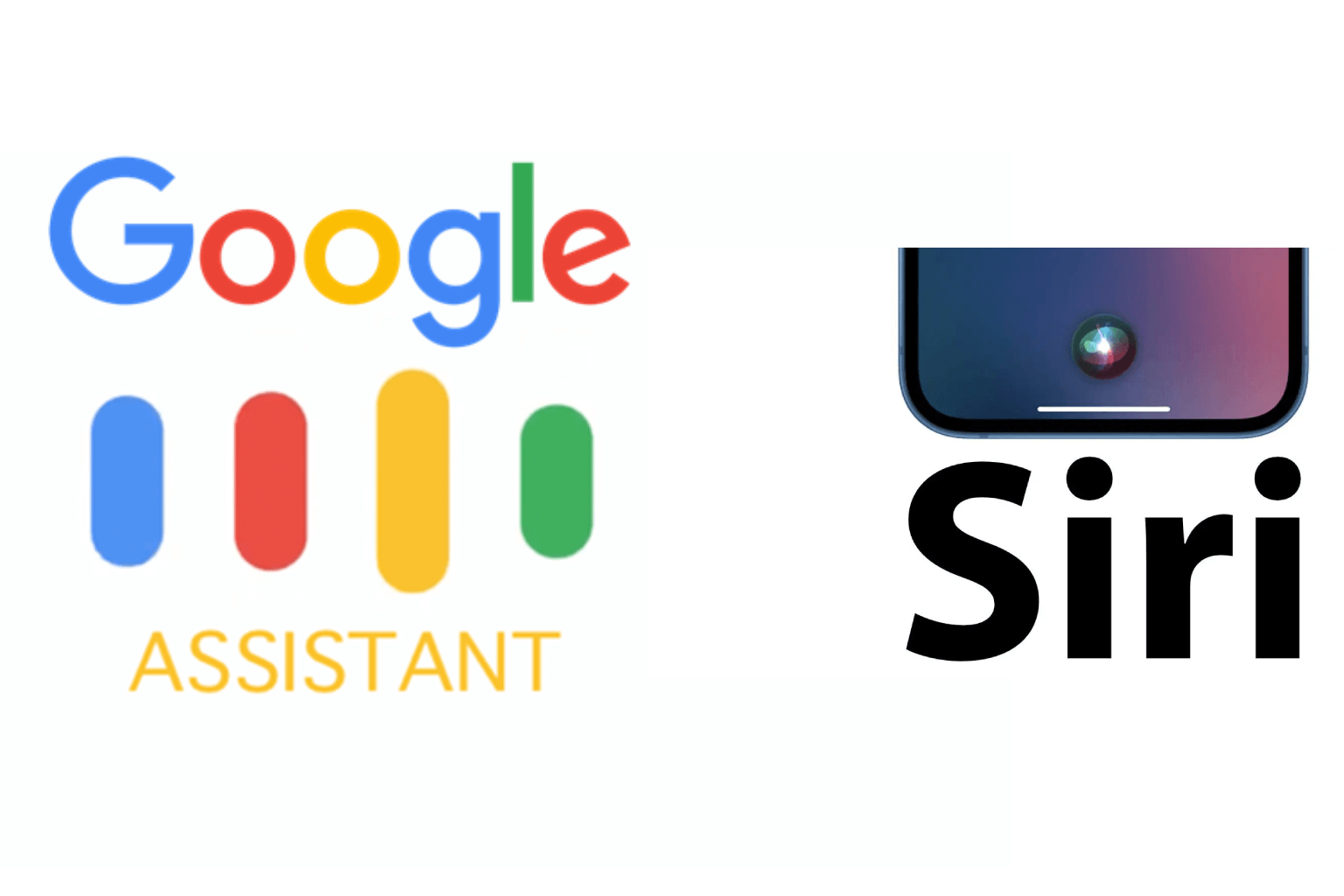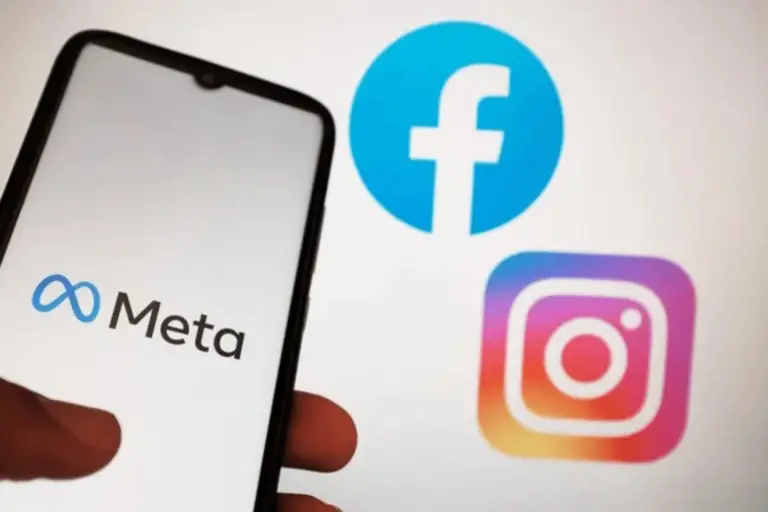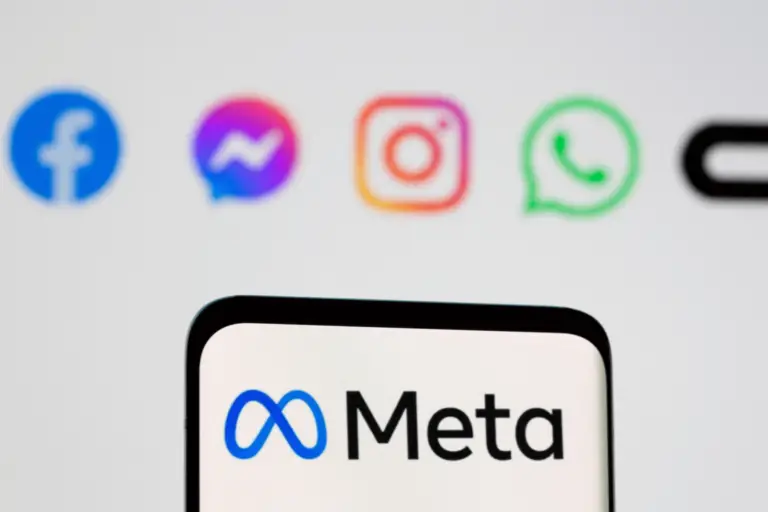
Siri and Google Assistant are turning to generative AI for a new lease on life
Apple will show off its AI strategy at WWDC 2024, with a focus on a partnership with OpenAI to add generative AI to Siri. This comes as Apple is under more pressure to come up with new ideas and fight with big companies like Google and Microsoft.
The WWDC 2024 speech next week will be very important. The show’s stakes are much higher than most market moves after an event. There is even more pressure on Tim Cook and his team to deliver than there was before the Vision Pro reveal last year. Apple will talk about its AI plans on Monday. Because Google and Microsoft have been using creative AI for years, this has been a huge question mark over Cupertino for the past few years. A lot of people in the business world agree that systems like ChatGPT and Gemini, which use large language models, will change the way we use our gadgets in big ways.
Apple will likely collaborate with OpenAI to add its smarts to the iPhone and Mac. In the short term, Apple plans to deeply integrate existing products with generative AI, with Siri at the centre. Since its first release in 2011, Apple has worked hard to integrate the voice assistant into all of its operating systems. But in the 13 years since then, Siri hasn’t been the game-changer Apple said it would be. There are numerous reasons for this, but the primary one is Apple’s ability to innovate. The idea of a voice-activated computer was around for decades before Siri, but no one was able to fully solve it. As phone makers and app writers have made smartphones more useful for everything, the jobs of these assistants have gotten harder.
Although the Stanford Research Institute made significant progress, the technology required for a seamless experience was not yet ready. Norm Winarsky, one of the people who helped make Siri, talked about the real issue in 2018. He said that Apple’s original plan was for Siri to be a much more limited helper that could only do things like entertainment and travel. “These are tough issues, and they get even tougher when you’re a business dealing with up to a billion people,” Winarsky said at the time. “It’s likely that they want something perfect that they can’t get.”
Additionally, generative AI isn’t quite that good yet, at least not yet. There are still problems with hallucinations. So, even though there has been a lot of talk over the last few years, it still feels like we’re in the baby steps phase. More than anything else, I think Google has been too pushy at times. The best example of this is the company’s decision to put Gemini results at the top of searches. The world’s most popular search engine puts something above known sources, so it should get things as right as possible and not, you know, tell people to eat glue. Google says that Gemini Results is a result of its “Search Labs,” but most users probably don’t know what that means or don’t want to click through to learn more.
Over the past few years, I’ve encountered numerous researchers who have referred to the results of secret large-scale language models as “magic.” This is not a critique of the outstanding work in the field; rather, it acknowledges our limited understanding of the technology.
Arthur C. Clarke said it best: “Any sufficiently advanced technology is indistinguishable from magic.” Google has been more deliberate in how it has added Gemini to Android. Google has been adding its generative AI tool to different apps instead of replacing Assistant completely. Users can also tie Gemini to the Pixel button for Assistant to make it the default. At least so far, this solution needs the user to do something on purpose.
Although Gemini hasn’t fully taken over Android yet, Google is pointing to the day not too far away when it will replace Assistant. I thought they might have announced that kind of news at I/O last month, but I’m glad they decided to give Gemini more time to work. The company’s image will determine whether or not the assistant’s name remains. For Apple, the name Siri holds significant importance. After all, Siri has been selling products to consumers for more than ten years. However, generative AI will soon take over the smart helper market.
The Future of Voice Assistants: Challenges and Opportunities
In general, voice helpers are going through a tough time. Smart speakers can use more than just Siri, Alexa, and Google Assistant. After experiencing a surge during the pandemic, the number of shipments has since decreased. While it’s premature to declare the group doomed, it will ultimately suffer if it doesn’t receive the necessary boost.
The Humane AI Pin and Rabbit R1, two of the first hardware devices based on these models, demonstrate how far the category still needs to go before it can be considered a standard experience for most people. Generative AI is likely to be the next big thing.
Apple will finally unveil its products on Monday. There are rumors that the company is moving some employees to work with generative AI after the failure of its electric car project, but all signs point to Apple having given the competition a big head start. Because of this, a relationship with a current giant like OpenAI makes the most sense. Soon after the public announcement of the Siri deal, people asked Steve Jobs if the company was attempting to compete with Google. Jobs said, “It’s an AI company.” “We’re not going to do search work.” It doesn’t bother us. “Someone else does it well.”
The company is still taking the same approach to creative AI. Apple can’t beat OpenAI at its own game right now, so it’s teaming up with it. But even the best models still have a long way to go before they can fully replace the smart helpers that are on the market now.


